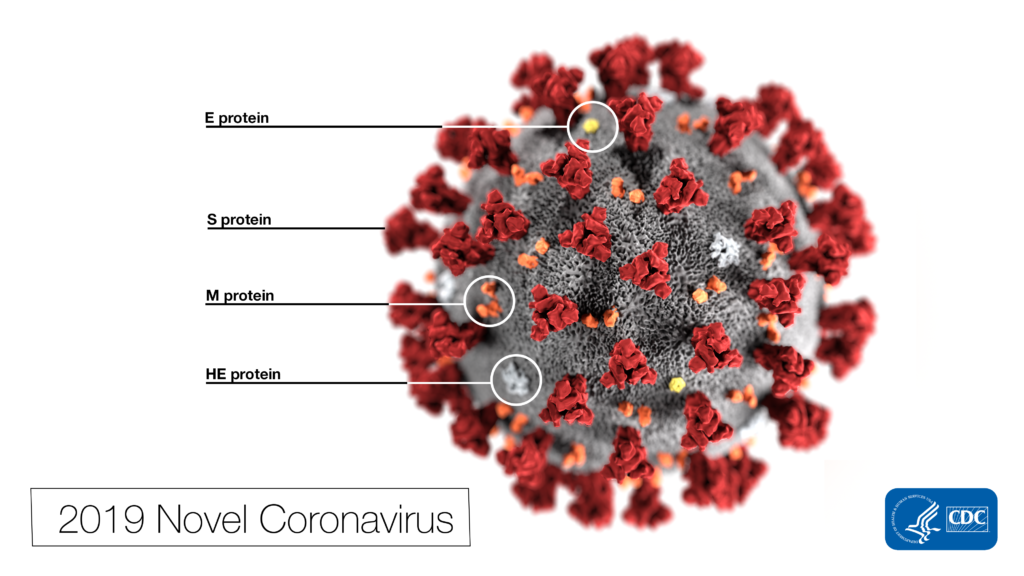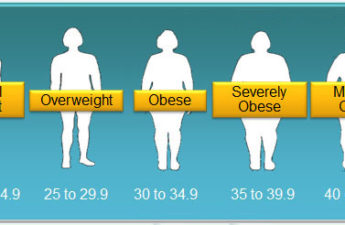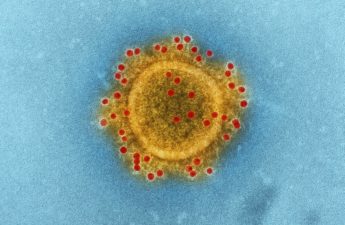
Posted by Meredith Li-Vollmer, Public Health – Seattle & King County
King County has its first cases of novel coronavirus and more cases have been identified in the U.S. We expect that more cases will be identified now that testing for coronavirus has expanded at state health departments and the criteria used to determine if someone should be tested have broadened.
In King County, along with a number of other places around the U.S., some people who have tested positive for novel coronavirus did not have travel to countries where COVID-19 is spreading.
This indicates that there is some spread happening in the community, although we don’t yet know how widespread it is in the community. We should expect that there will be more cases identified in the weeks to come.
Most cases are mild
The number of cases are increasing, but the vast majority of the illnesses in the U.S. and around the world are mild, with fever and cough.
About eighty percent of people infected with novel coronavirus have not needed hospital care.
However, a much smaller percentage of cases are more severe and involve pneumonia, particularly in elderly people and people with underlying medical conditions.
Sadly, in King County, one person has died as of February 29. This is the first coronavirus death in the United States.
When to seek medical evaluation and advice
- If you have symptoms like cough, fever, or other respiratory problems, contact your regular doctor first. Do not go to the emergency room. Emergency rooms need to be able to serve those with the most critical needs.
- If you are having a medical emergency, call 9-1-1.
- If you’re over 60 or you have underlying conditions like diabetes, heart disease, and lung disease. Come up with a plan with your doctor to identify your health risks for coronavirus and how to manage symptoms. Contact your doctor right away if you do have symptoms.
More handwashing, less face touching
It’s important to know that we can take steps to decrease the risk of getting sick. And those same steps will reduce the spread of novel coronavirus, especially to protect those who are more vulnerable. We also need to be ready for the weeks ahead, when we are likely to see more cases.
Coronavirus spreads between people who are in close contact with one another (within about 6 feet) via coughs or sneezes. It may also spread by touching a surface or object with the virus on it and then touching your nose, mouth or eyes before washing your hands. People are likely to be most contagious when they are the sickest, though some spread is possible before people show symptoms.
The same good health habits that prevent other viruses like the flu also prevent coronavirus spread and decrease the risk of getting sick:
- Please, please, please: stay home when you’re sick.
- Cover your coughs and sneezes with a sleeve or a tissue.
- Wash your hands often with soap and water. Soap and water is most effective, but if they aren’t available use hand sanitizer with 60% alcohol.
- Clean frequently touched surfaces and objects (like doorknobs and light switches). Regular household cleaners are effective.
- Avoid touching your eyes, nose, and mouth unless you’ve just washed your hands.
- Get plenty of rest, drink plenty of fluids, eat healthy foods, and manage your stress to keep your immunity strong
- Avoid contact with people who are sick.
Make plans for what you will do if many people are sick
Even if most cases are relatively mild, there are impacts when large numbers of people are sick and absent from work and school all at the same time.
You may hear health officials recommend “social distancing,” or finding ways to put distance between yourself and others so that you don’t get sneezed or coughed on. If coronavirus becomes widespread, health officials will recommend actions that reduce the numbers of people coming into face-to-face contact to limit exposure and illness. This could include dismissing schools or childcare, postponing or cancelling large gatherings and public events.
Plan now so that you can be ready in case many people are sick and can’t go to work or school. Talk at work about how your workplace can still operate if many workers are out sick or if they need to stay home to care of their family members. We have a guide for businesses and organizations to help you. The Washington State Department of Health has resources for individuals and schools. We’ll be adding to these resources frequently, so check our websites frequently.
Resilient together
Supporting others in our community will help us be resilient if the spread of coronavirus becomes more widespread.
- Talk to your friends and neighbors about how you can help each other if people in your households get sick or if your children aren’t able to go to school or childcare. Can you drop groceries off on their doorstep? Can you take turns looking after children who aren’t sick?
- Prevent any discrimination or stigmatization by sharing accurate information. Coronavirus infection is not connected to any race, ethnicity, or nationality. Misinformation about coronavirus can create fear and hostility that harms people and makes it harder to keep everyone healthy. We have resources to address and prevent discrimination.
We have more tips about how you can be prepared. Keep up to date with information in this quickly evolving situation: www.kingcounty.gov/covid


